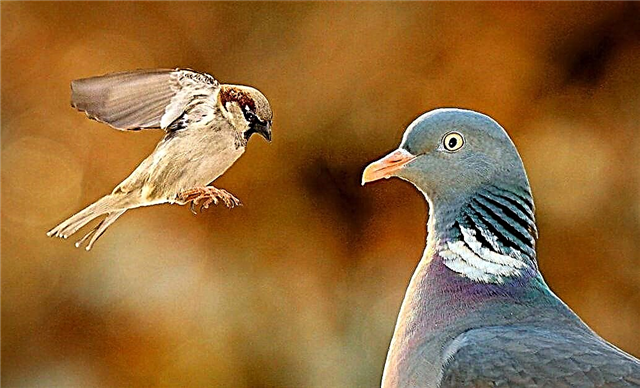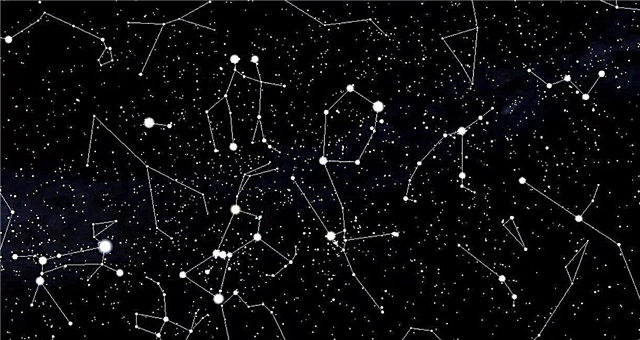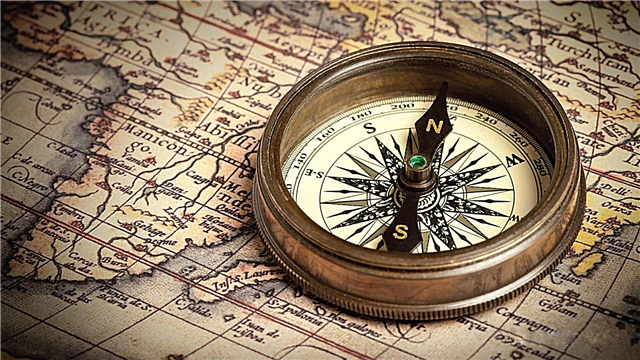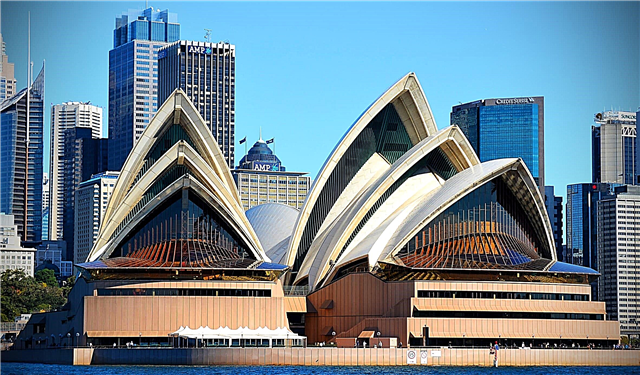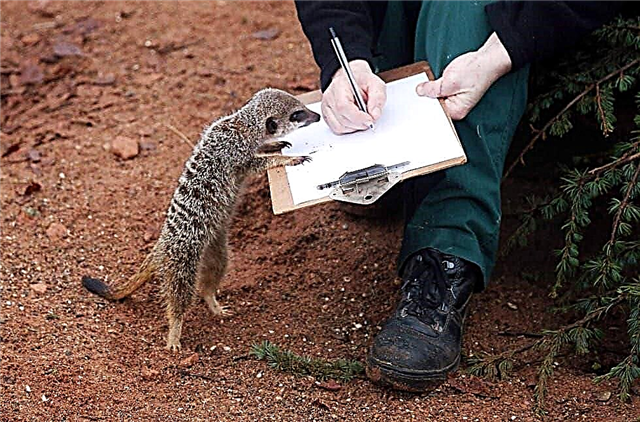
White spots in the history of countries always give rise to scientists to conduct endless scientific battles. Here are just a few of them.
Russia - seas and rivers
Slavic peoples settled along large rivers that pierced the continent, like arteries. Water provided all conditions for food and fish, provided protection from the coast from uninvited guests, facilitated the road and trade routes. In those days, the tribes worshiped the river spaces, venerating their divine qualities.
In the northern part of Europe, there were many names of tributaries, branches with similar roots: Rus, Rusna (tributary and Gulf of the Neman), Rus (tributary of the Seven), Porus, Ros (tributary of the Dnieper). The majestic Volga was called in ancient times the Ras (or Ros). It is not difficult to guess why the word "mermaid" and the famous name Ruslan, scientists attribute to the origin of the ancient Proto-Slavic root. And later all the Volga peoples were called Rus.

Linguists insist that it was life on the seas and rivers that served as the root cause of the name of Russia. All the activities of the tribes were associated with fishing in the open spaces. In the northern lands where Finnish peoples lived, the Swedes are still called “ruotsi” (rowers walking by the sea). That is what the Scandinavian Vikings sailing “to visit” were called.
The Slavs living in the neighborhood accepted and in their own way transformed this archaic word into a closer to them "Rus." The term meant the main occupation of people - everything that was connected with navigation.Later Slavic tribes began to be called the peoples with whom they were in contact.
Similar examples in history were not uncommon. By the nature of the activity, whole nationalities were called. So, the “Finn” came from the Old German dialects. It was translated - “hunter”, “seeker”. The old woman England, consonant with the "needle", got its name from the Indo-European "sharp object", "hook". The inhabitants of the islands were engaged in fishing.
Men's professions and Russia
According to some sources, by the 9th century, the largest numbers were observed in the Slavic tribe living south of Kiev. In the territory where Ros flowed into the Dnieper and along Rossava, stood the legendary city of Rodney, archaeological finds from which are still demonstrated by the ancient settlement of Prince Horus. After a while, the donkey Yaropolk arrived here, fleeing from the wrath of St. Vladimir. The overgrown area, where Rodney, Ros, Rossava converged at one point, was named Varangians Rus.
There is a version according to which in the Middle Ages the “Rus” was called the numerous military estate of the ancient prago-state. The teams consisted not only of Slavs, brave Vikings were hired to serve the nobles (namely, they were called “ruotsi” at first). Converted into "Russia" could be christened all those who were involved in the protection of the prince. Later they began to call the area that was under their authority.
Mikhail Lomonosov believed that desperate warriors were direct descendants of the Sarmatian Wolverines (Roksolans). Their deep roots go back to the Iranian-speaking tribes wandering along the Danube and the Northern Black Sea coast.
According to another theory, the word "Rus" was called people purely male profession - collectors of tribute in the Slavic lands, and not the entire nationality. Later, the common name of the prototypes of the tax service was the name of a huge territory and its population.
It is funny that the term “polyudam” meant the same for some Finno-Ugric tribes. Taxes were collected there by hired Vikings. And then this word was called one of the nationalities (Ljudi).
Documentary notes
The inhabitants of Byzantium have repeatedly suffered from raids of warlike Varangians. Their impressions of brave soldiers are recorded in many chronicles. The name of these desperate - "Rossi", which means "red-faced", "red". Ibn Fadlan (Arab traveler) met such people in Eastern Europe in 922. In his memoirs, he indicated that they are blush, red. Probably the reason for this is white skin, easily charring in the sun, and blond hair with a reddish tint.
One can only guess why Russia was called Russia. But this question will remain open, because every theory has the right to life and cannot be refuted.


